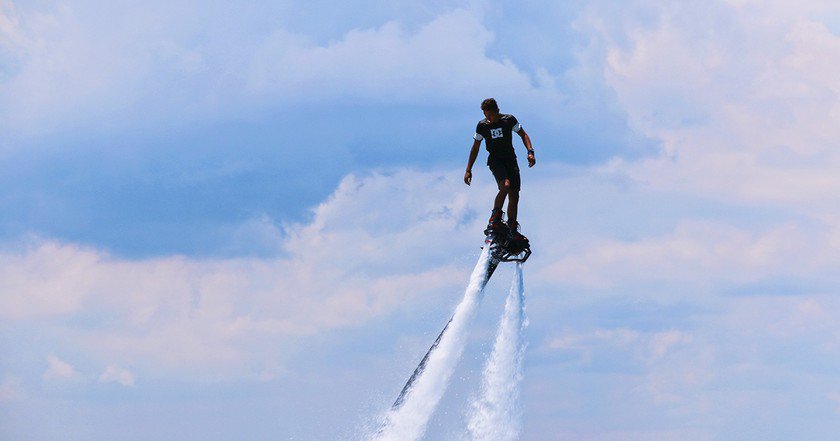Most of us spend lead monotonous lives: we wake up at 6 am, work from 8 am to 6 pm, then spend our evenings either at home, exercising or self-educating.
We seem to manage our time by assuming that we are equally productive throughout the day – though internally we know we are not. Perhaps instead of watching time, we could learn to monitor our energy levels and plan our daily activities accordingly?
Tony Schwartz, the notorious American journalist, author of books on the power of engagement, revealed the four types of energy: the body (physical energy), the emotions (quality of energy), the human spirit (energy of meaning and purpose) and, lastly, the mind (focus of energy). The hindmost energy type is to be explored below.

Do you notice that at certain times of the day you feel full of ideas, ready to move mountains and you see the wider picture without making an effort? Or do you sometimes feel like your mind is full of sawdust and sand, and your thoughts are slow? At times like this, we are reluctant to think, we surf the web, play games on our smartphones, or stare blankly at our computer screens, like an ancient Egyptian who has no understanding of technology.
Even sleep researcher Nathaniel Kleitman said our minds naturally crave a break after 90 minutes of intense work. When we need a break, our body starts signalling for nourishment, lethargy or distraction, and yet we often ignore it. If you divide your daytime and activities according to different energy levels – ranging from high and low, – increase the quality of the food consumed and rest without any outer distractions, you will have a noticeable increase in work efficiency. For instance, 30 minutes of productive work at a greater energy level will surpass the work produced over two hours at a minimal energy level.
And it doesn’t matter if you reach your high energy level only for an hour. Nowadays, it is fashionable to get up early and recharge your energy throughout the day, but this advice might not appeal to everyone. If you find that you reach the highest level during the end of the day and are unable to sleep because of it, you should redesign your daily schedule accordingly.
You’ll be surprised, but making a daily to-do list is one of the most important things you need to do whilst you have a higher level of energy because it requires great insight. Additionally, at times of high-energy it’s of value to focus on creative work (brainstorm new ideas), participate in innovative team discussions, make difficult or high-risk decisions, develop long-term plans, actively learning and experiment. Whilst in a lower energy phase, it is advised to complete routine tasks that have clear goals and processes, such as writing letters, reports, bills, and so on.
The ability to “shut down” for 15 minutes and simply do nothing is also important. It allows energy to return to the body. What is important here is the conditions set up by the organisation’s HR manager and the general agreement between all colleagues.
Keep track of your energy levels and try to plan your day accordingly, as this will help you achieve greater results much faster. Of course, mental energy interacts with other important elements as well, but being able to manage the latter can increase your work productivity, which has added value to the organization and to you.